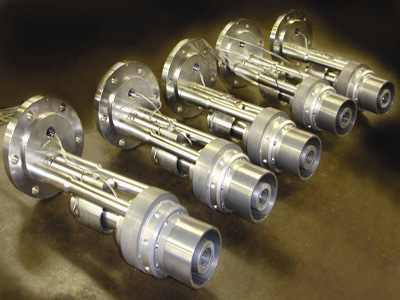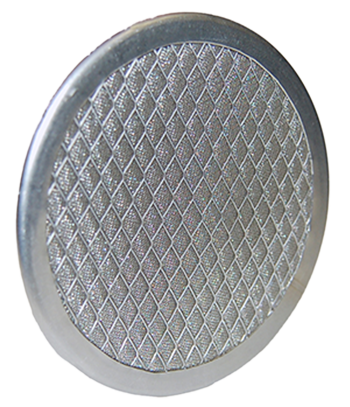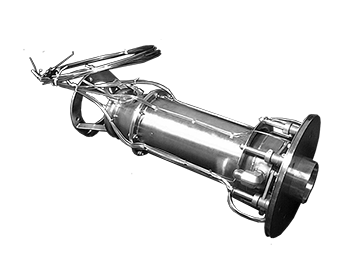RCL ® Technologies
Rich Catalytic Lean (RCL®) burn catalytic combustion is PCI’s patented solution for a near single digit ppm NOx combustor approach for gas turbines. Our systems enable high combustion stability over a wide operating range and from microturbine operating conditions up through F-class firing temperatures. The rich reactor chemistry enables start-up and operation at relatively low temperatures. The lower operating temperature and rich kinetics support long catalytic surface life, lead to controllable catalytic reactions, and enable broad fuel flexibility with even highly reactive fuels.

Applications and Benefits
RCL® technology is suitable for new or existing natural gas-fired F-class power generation machines, both combined cycle and simple cycle, as well as for smaller distributed power engines including microturbines. The design is scalable and can be supplied as an engine subcomponent. It can fit annular can and silo configurations, integrates readily to available engine fuel lines and the air compressor, and can be controlled with conventional DLN control systems. The technology offers strategic and economic value for a power producer:
- BACT level emissions from an in-engine pollution prevention solution
- Easier and more rapid air emissions permitting,
- Avoiding the significant capital and operating costs of NOx aftertreatment,
- Avoiding the efficiency penalties and ammonia slip of SCR,
- Reducing O&M costs by reducing combustion dynamics and lengthening component life,
- Extending low emissions turndown
- Enabling simple cycle and distributed power generation gas turbines able to economically achieve the same low Emissions levels as central station turbines, and
- Enabling low cost retrofits with ultra-low emissions and other upgrades.
The system uses a rich catalytic reactor with air cooling and subsequent mixing of the reactor output with the cooling air to form a lean mixture for combustion. In the process, the combustion air stream is split into two parts upstream of the catalyst. One part is mixed with all of the fuel forming a rich fuel/air mixture and contacted with the catalyst, while the second part is used to cool the catalyst. The catalyst is cooled only by primary combustion air, so that no heat is extracted from the system. The rich fuel/air stream undergoes partial fuel oxidation followed by mixing of the partially reacted fuel with the cooling stream to produce a reactive, fuel lean mixture. This lean mixture can then be burned stably in a downstream combustion zone, with the result being lower NOx and CO emissions and greater combustion stability than DLN/DLE technologies.
RCL® technology enables a robust, long life catalytic combustor that can achieve near zero NOx emissions while minimizing combustion dynamics. This enables combustion turbines to directly achieve low single digit ppm NOx emissions, thereby avoiding the substantial capital, operating cost and penalties of post-combustion controls. In addition, the improvement in combustion stability may lead to further reduced hot section O&M costs.
Our compact combustors fit into existing DLN combustor envelopes, providing a low-cost design upgrade.
RCL® catalytic combustors have been demonstrated with natural gas, low BTU gas, syngas, hydrogen, and prevaporized diesel fuels.
PCI is developing its RCL® catalytic combustion technology for a number of applications. PCI’s full catalytic combustors seek to minimize NOx emissions from gas turbines, while its catalytic pilot burners are a partially-catalytic design that is easy to implement into existing lean premixed/dry low NOx designs. Our microturbine catalytic combustor addresses the unique needs of microturbines. Our downhole catalytic combustor/steam generator adapts RCL® technology for use downhole in an oil or gas production wellbore to provide thermal stimulation for production of oil and gas. PCI’s oxyfuel combustor is directed to achieving effective combustion of oxygen and fuel in the presence of steam in IGCC and related systems.
Contact PCI to learn more about how our solutions may be adapted for your needs.




